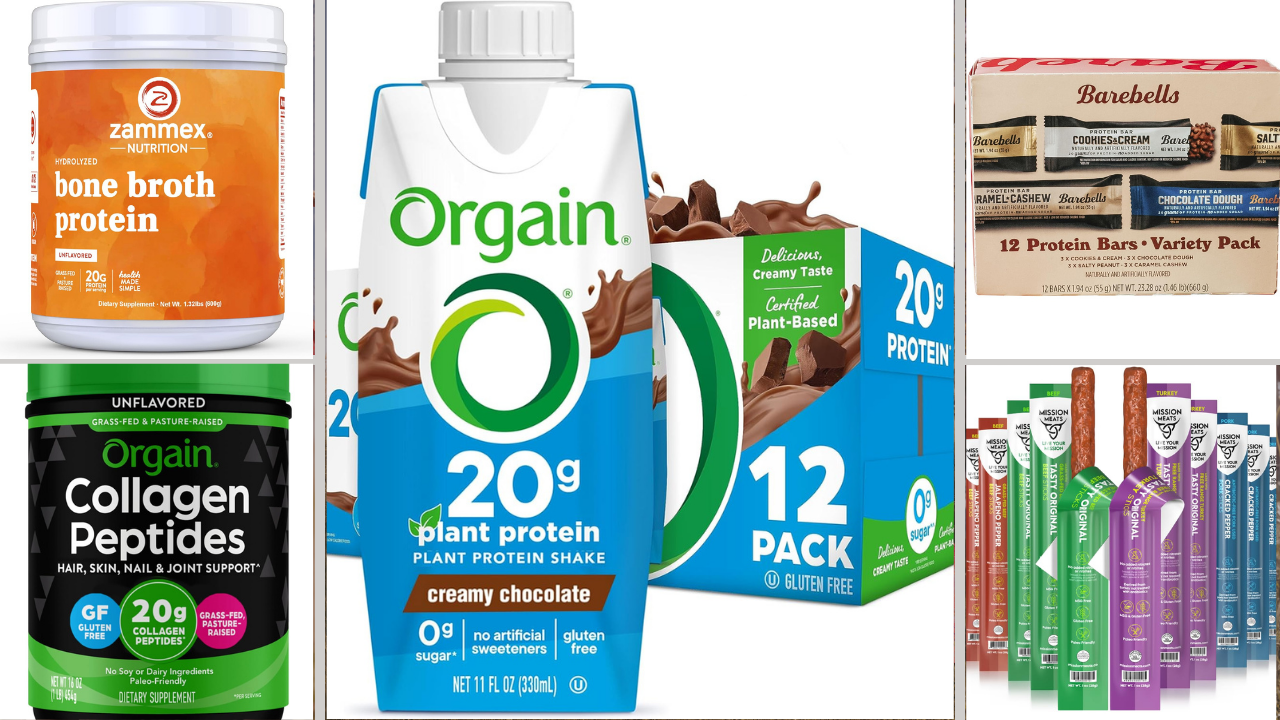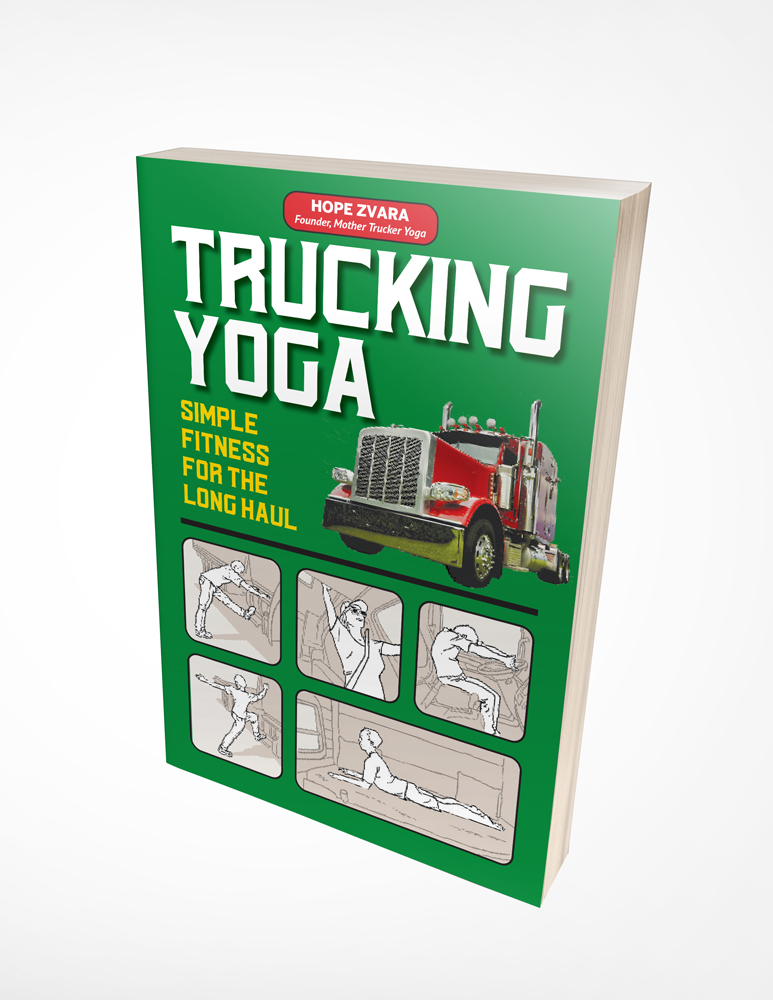What’s Fueling Chronic Inflammation in Truck Drivers? (And How to Fix It)
causes of inflammation in truck drivers
Introduction: What’s Driving Your Inflammation?
Did you know that what you eat, how much you move, and even stress levels contribute to chronic inflammation? Truck drivers face unique challenges that make inflammation worse.
🚛 Stat: Studies show that 60% of the average American diet consists of processed foods—a major driver of inflammation.
Inflammation isn’t just about aches and pains. It’s linked to serious health conditions like heart disease, diabetes, obesity, and even depression.
In this blog, we’ll look at the biggest causes of inflammation and simple fixes to help you feel better.
The Biggest Causes of Inflammation for Truck Drivers🍔 Poor Diet: The Fast-Food Trap
Fast food and processed snacks are a trucker’s go-to because they’re quick, cheap, and available everywhere. But they’re also loaded with sugar, trans fats, and preservatives that wreak havoc on the body.
🚛 Fact: Diets high in refined sugar and processed foods can trigger chronic inflammation and increase the risk of metabolic disorders (Harvard Medical School).
How to Fix It:
- Swap out one processed meal a day for a whole-food alternative.
- Choose snacks like nuts, seeds, and fresh fruit instead of chips or candy.
- Drink water or unsweetened tea instead of soda.
- Look for grilled over fried options when ordering out.
🚚 Sitting for Hours: The Silent Inflammation Trigger
Long hours behind the wheel mean little movement, leading to stiff joints, poor circulation, and increased inflammatory markers.
🚛 Stat: Sitting for more than 8 hours a day increases inflammation and raises the risk of heart disease and diabetes (American Journal of Epidemiology).
How to Fix It:
- Stretch every time you stop at a rest area or fuel station.
- Use a portable pedal exerciser in your cab.
- Do seated exercises like ankle rolls and seated twists while driving.
- Take short walks whenever possible, even around your truck.
⚠️ Stress & Poor Sleep: The Cortisol Connection
Long hours, tight schedules, and loneliness on the road can lead to chronic stress, which keeps your body in fight-or-flight mode, producing excess cortisol that leads to inflammation.
🚛 Fact: High cortisol levels from chronic stress can increase inflammation and even contribute to digestive issues and weight gain (Mayo Clinic).
How to Fix It:
- Practice deep breathing for a few minutes before hitting the road.
- Listen to calming music, audiobooks, or meditation apps to manage stress.
- Stick to a sleep schedule, even on the road.
- Use blackout curtains and wear blue-light-blocking glasses before bed.
☠️ Toxins & Pollutants: The Invisible Danger
Truckers are constantly exposed to air pollution, heavy metals, and chemicals from fuel, roadways, and even plastic food containers.
🚛 Fact: Air pollution is a leading cause of systemic inflammation, affecting the lungs, heart, and brain (Environmental Health Perspectives Journal).
How to Fix It:
- Use an air purifier in your truck cab.
- Drink filtered water to avoid heavy metals and contaminants.
- Avoid plastic food containers; use glass or stainless steel instead.
- Choose organic produce when possible to reduce pesticide exposure.
Final Thoughts: Take Charge of Your Health
Chronic inflammation doesn’t have to be part of the trucker lifestyle. By making small, sustainable changes, you can reduce pain, boost energy, and improve long-term health on the road.
Which step will you start with today? Drop a comment below and let us know! 👇






